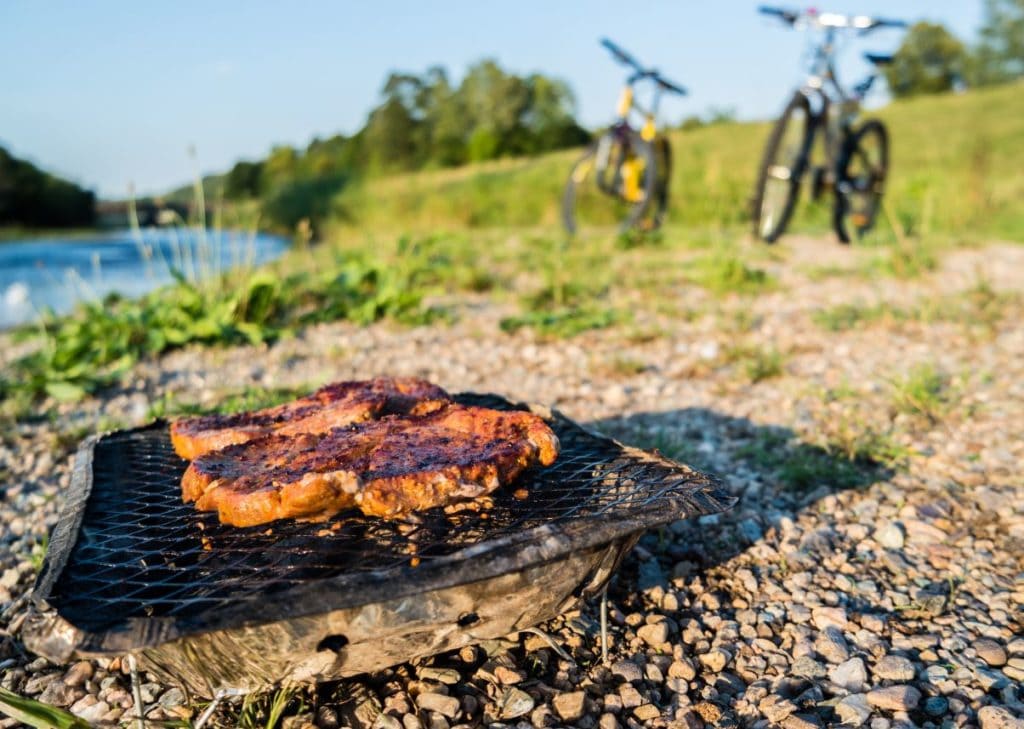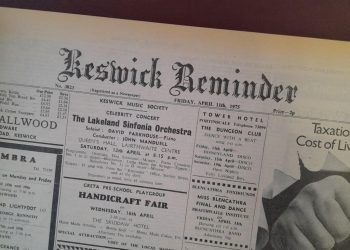
A Keswick councillor has called for more designated areas in the Lake District for visitors to enjoy barbecues.
A notice of motion before the Lake District National Park Authority from Councillor Tony Lywood, to introduce a voluntary code of conduct to end the use of disposable barbecues in the park, was passed unanimously by members on Wednesday.
It also encouraged retailers within the park to remove disposable barbecues from sale.
An amendment by Councillor Paul Turner to include Chinese lanterns and any open fires, not in designated areas, was added and also passed.
Mr Lywood said: “Disposable barbecues and open fly camp fires do provide cheap and easy fun but the environmental costs and the fire risks are just too great.
“What I do support is the provision of many more designated areas for barbecues and open fires for people to safely enjoy without damage to wildlife or the environment.
“The situation at present is that a landowner’s permission to light or tend a fire is needed and it already appears that the majority of land within the Lake District National Park area has not and will not give permission so to do.”
Last night, members of Keswick Town Council were due to consider a notice of motion from Coun Sally Lansbury raising awareness about the problems of single use barbecues.
She is recommending that the town council write to retailers, including the fuel stations, asking them to phase out the sale of disposable barbecues.
“We can also suggest that purchaser ID is taken — in the same way as when fireworks are sold,” says Mrs Lansbury in a report to the meeting.
“This may not immediately reduce the number of items sold, but it will raise awareness of the issues and is something we can build upon.”
She says every summer there are fires locally caused by disposable barbecues, some requiring helicopters to put them out.
“We had a fire on Blencathra a few years ago which was caused by a barbecue being thrown into the dry heather,” she says.
“It burned many acres of land and the peat caught fire. The peat is metres deep, once alight it is very difficult to put out at that depth.
“Then it takes thousands of years to regenerate.”








